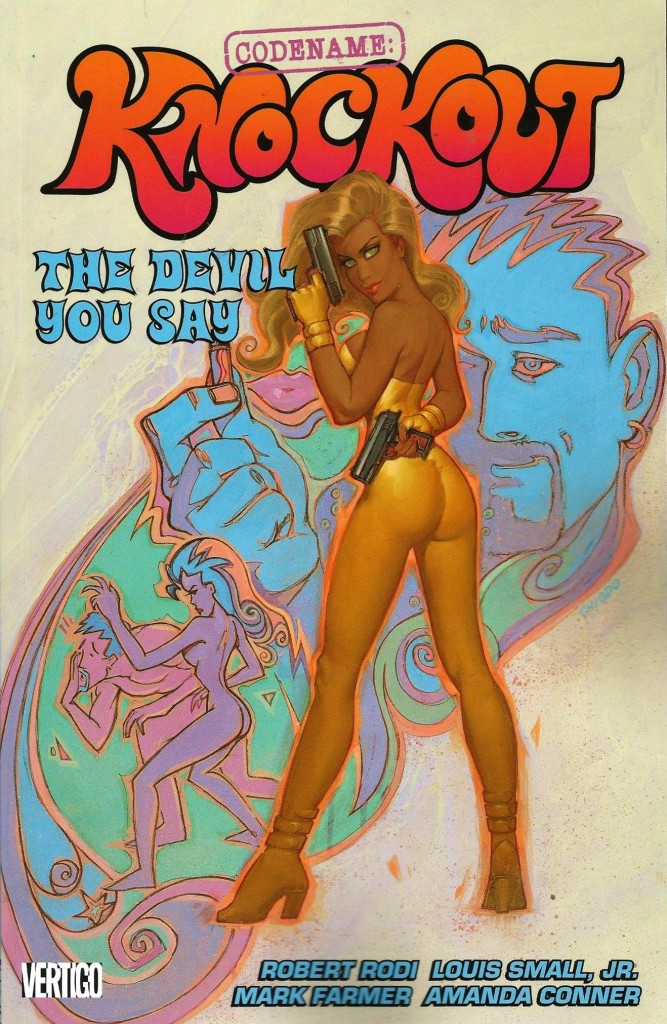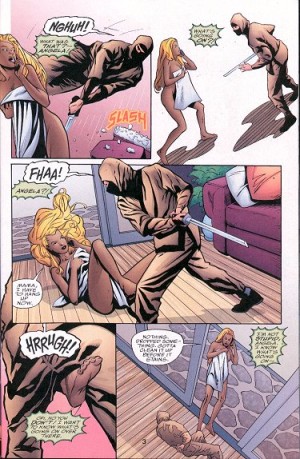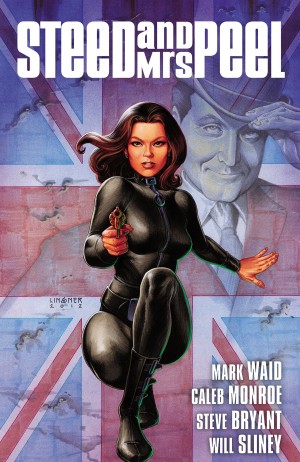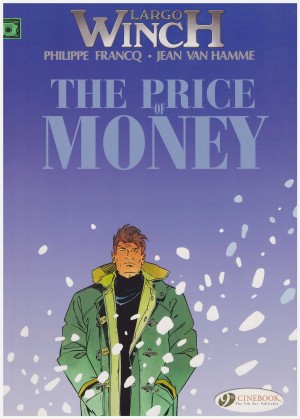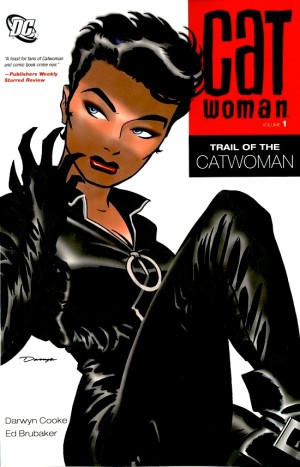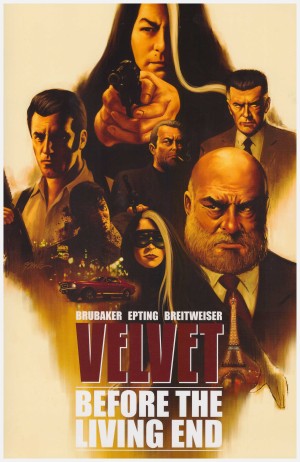Review by Will Morgan
During a brief love affair the mainstream comics companies were having with the works of author Robert Rodi in the early days of this century, one of several projects greenlit was this parody series, a homage to the spy thrillers of the 1960s. A gorgeous female protagonist, torn between conflicting loyalties to her parents, who are heads of opposing agencies, and her gay BFF, roam the world having jolly adventures.
Sounds okay, in theory. In execution, when it wasn’t tedious, it was actually… kind of loathesome.
The tedious bit first; the initial artist of the series was Louis Small Jr., whose style possessed a curious rigidity and immobility that cast a leaden pall over the supposedly light-hearted, comedic thrust of the series. What should have been lively and buoyant and kinetic was just… thud. Thud. Thud. Nailed down on to the page, lest any vestige of enjoyment should escape. There’s seldom been a clearer example of an illustrator’s work so diametrically sabotaging the stated intent of the narrative. In the final segment of the volume, Amanda Conner takes over the illustration mid-story and suddenly we see what the series could have been all along, as wit, grace, humour, and a full range of facial expressions are available to the cast, but by then, it’s too late to retain the long-fled interest of the reader.
The loathsome part? Well, this is supposed to be a light-hearted story, right? So in the opening chapter, Angela Devlin, our heroine, and her sidekick Go-Go have overcome a squad of ninja assassins, and in an attempt to gain information as to who sent them, they … strip a ninja and sexually torture him until he gives up the information.
This is comedy? Put it this way: If a straight male hero and his leering lesbian sidekick did the same thing to a female assassin, would it be regarded as funny? Hopefully not, at least not by anyone who wasn’t a serial killer in training. So how does reversing the genders of the rapist and the rapee suddenly, in the author’s apparent view, make it a funny jape for the entertainment of the audience? If an act is grotesque and cruel, it remains so regardless of the genders of the victim and perpetrator, and this severe narrative misjudgement coloured a lot of readers’ perceptions from the very beginning of the series, giving it a disadvantage from which it never quite recovered.
In fairness, it must be observed that Codename: Knockout ran to issue 23, (making a total of 24, given the odd marketing conceit of launching with issue zero). Rodi worked with a variety of other artists, and the series did improve considerably, but the apparently lukewarm reaction to this paperback collection leaves the rest available, for the curious, only as single issues to be hunted down in dusty longboxes.
